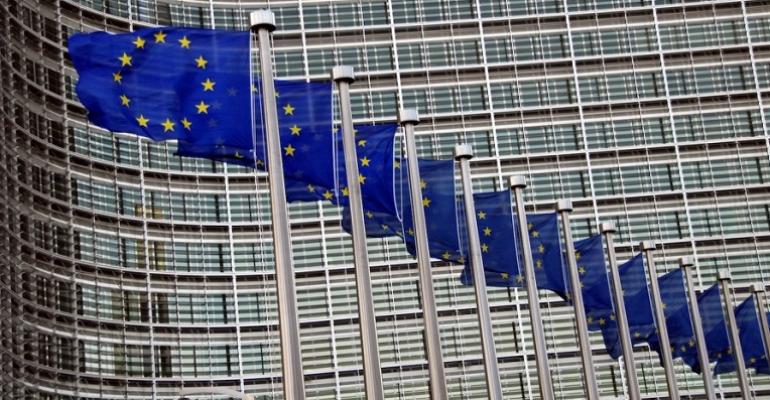The Union of Greek Shipowners (UGS) says the agreement reflects to a significant extent the positions of the European shipping industry, namely the due application of the “polluter pays” principle and the earmarking of part of the revenues generated from shipping for the decarbonisation of the sector. Both proposals have been consistently advocated by the UGS since April 2021.
“We view several aspects of this provisional agreement positively, notwithstanding the fact that the EU ETS is a regional measure. Many important parameters of its application remain to be determined and vigilance is needed to ensure they are suitable for the sector,” said UGS president, Melina Travlos,
“We are pleased to note the EU institutions have embraced a number of positions promoted by the shipping industry, which will assist in the shipping’s decarbonisation through a more pragmatic and realistic implementation of the EU ETS for shipping,” said the Cyprus Shipping Council (CSC).
Both bodies are firmly committed to the decarbonisation of shipping and to this end, they highlight again the importance of committing all the relevant out-of-sector stakeholders to this challenging undertaking. “Effective mandatory measures for the other stakeholders, such as fuel producers and suppliers, are also necessary,” said the UGS.
“Shipping performs consistently an indispensable service for the welfare of the citizens of the world. The strategic importance of shipping is exhibited more vividly during times of geopolitical turmoil or global emergencies. Similarly, ships will also constitute one of the prime facilitators of global decarbonisation, as they will transport most of the new alternative fuels worldwide,” said Travlos.
The Cyprus Chamber particularly welcomes the agreement on mandatory dedicated calls for maritime under the Innovation Fund and the earmarking of at least 20m ETS allowances for maritime under the ETS Innovation Fund up to 2030. The 20m ETS allowances under the current prices correspond to around Euro 1.5bn ($1.5bn). “Dedicated support to shipping through the Innovation Fund is key to bridging the price gap with clean fuels, improving the energy efficiency of ships, fostering innovation and building the infrastructure in ports,” said the CSC.
“The shipping industry will not be able to tackle the major task of decarbonisation alone. All stakeholders must be on board. The Chamber therefore also welcomes the recognition of the ‘polluter-pays principle’ through mandatory requirements for the pass-through of the EU ETS costs to the commercial operators of the vessels,” added the CSC.
With the beginning of a new round of discussions on shipping’s decarbonisation at Imo, its member states must take the opportunity to reach agreement. The UGS strongly supports the ICS submission for a measure based on a contribution per ton of carbon dioxide emitted by the global fleet, as well as the ICS submission on the revision of the agreed decarbonisation targets.
Regarding the scope of the EU ETS, the CSC always advocated that vessels below 5,000gt should also contribute in the decarbonisation effort of the industry and thus welcomes the fact that from 2025, general cargo ships and offshore vessels between 400gt and 5,000gt will be covered by the EU MRV and by end of 2026, the Commission will present a report on the possibility to include them in the EU ETS.
Copyright © 2024. All rights reserved. Seatrade, a trading name of Informa Markets (UK) Limited.
Add Seatrade Maritime News to your Google News feed.  |

